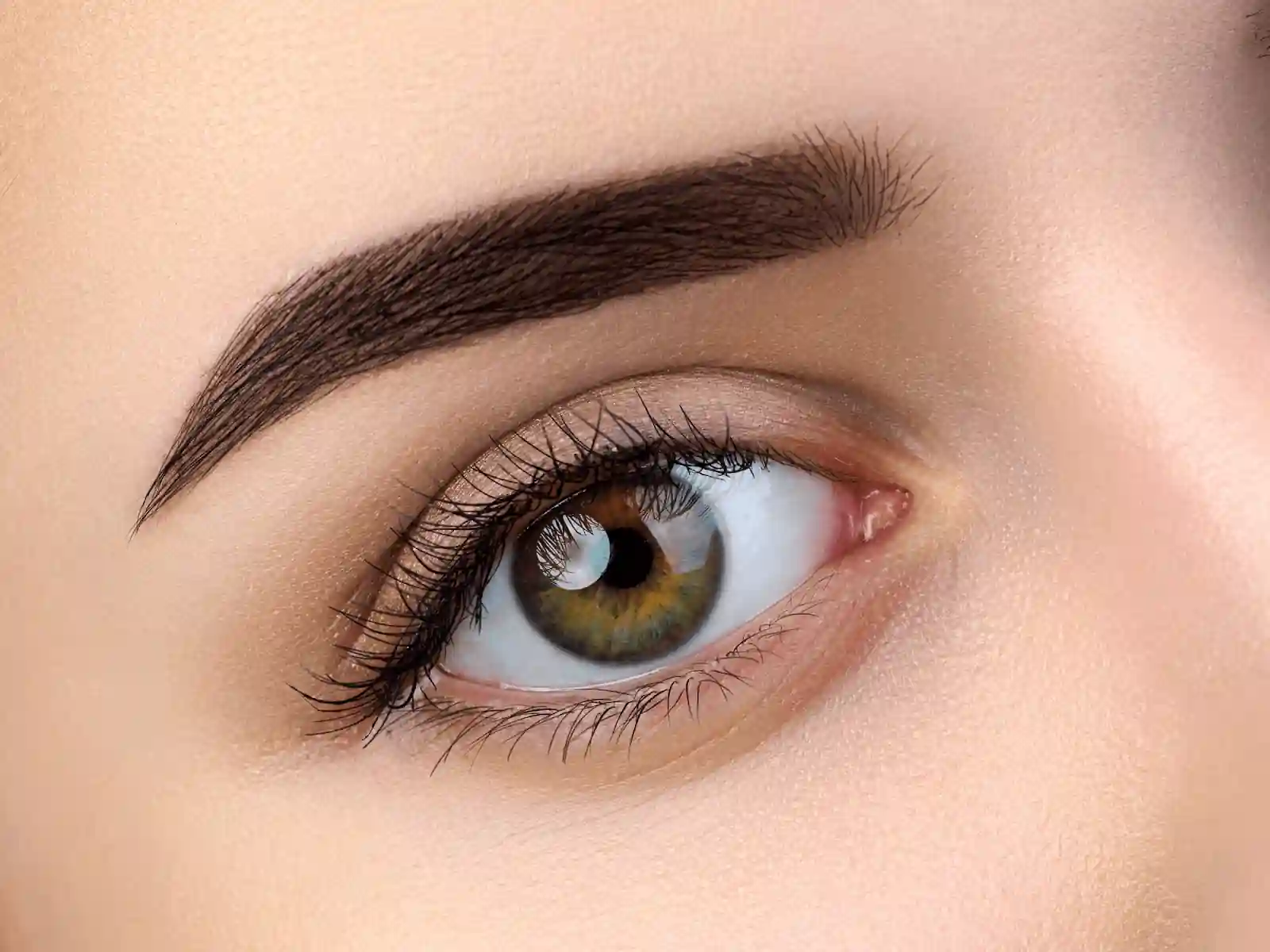 When you think of your health, the first things that typically come to mind are most likely maintaining good nutrition, weight, and maybe even visiting your doctor regularly for check-ups. Something that is often easily overlooked, however, is our eye health — that is, until you notice a problem with it.
When you think of your health, the first things that typically come to mind are most likely maintaining good nutrition, weight, and maybe even visiting your doctor regularly for check-ups. Something that is often easily overlooked, however, is our eye health — that is, until you notice a problem with it.
Our eyes are essential to all of our everyday functions. Additionally, our eyes and eye health are typically good indicators of our body’s overall health, too. Hence why it’s just as important to regularly visit your ophthalmologist like you would your family doctor, vs. waiting until you develop a serious problem like retinal vein occlusion.
Retinal Vein Occlusion
One eye health issue that can occur without much warning is a retinal vein occlusion. Your retina is the tissue that lines the back of the inside of your eye and senses light. When a vein in your retina becomes blocked, it causes a disruption in the blood flow to and from your retina, which leads to blood leaking from the vein into your eye.
There are three types of retinal vein occlusions that can occur:
- Central — where the main retinal vein is blocked and can affect the entire retina
- Hemiretinal — where a main branch of the central retinal vein is blocked, but affects only one half of the retina
- Branch — where a smaller branch retinal vein is blocked, and affects a wedge-shaped portion of the retina
Symptoms of Retinal Vein Occlusion
When blood leaks into the eye from the blocked vein, one of the first symptoms you may notice is blurred vision. This is due to the blood collecting in the macula, or the center of the retina, which is responsible for detailed vision. Leakage from blocked retinal veins can also manifest as floaters and in excess can interfere with normal vision. If a central retinal vein occlusion is more severe, it may also cause eye pain due to pressure in the eye.
Retinal Vein Occlusion Eye Treatment
Although there is no current cure for retinal vein occlusions, there are still ways our ophthalmologists can help treat the symptoms.
Laser Surgery
Though vision can’t usually be restored to 100%, laser surgery has been successful in improving the sight of some patients with branch retinal vein occlusions; though this method has been proven ineffective for patients with central retinal vein occlusions.
Intraocular Injections
A newer treatment still being studied, intraocular steroid injections are being used to treat patients with central, hemiretinal, and branch retinal vein occlusions. These injections are being used to treat patients with inadequate blood flow or who did not respond well to laser treatment, and although still in the early stages of testing, recent advances are showing promising results.
Eye Health & Prevention of Retinal Vein Occlusion
 Eye Health & Prevention of Retinal Vein OcclusionOne of the best ways to prevent a retinal vein occlusion from happening is simply by understanding your overall health and how that links to your eye health. Medical studies have determined that retinal vein occlusions are more commonly found in patients with health conditions such as glaucoma, diabetes, age-related vascular disease, high blood pressure, and blood disorders. If you’re aware that you suffer from one or more of these health issues, then now is the time to be proactive about your eye health and make an appointment with your ophthalmologist.
Eye Health & Prevention of Retinal Vein OcclusionOne of the best ways to prevent a retinal vein occlusion from happening is simply by understanding your overall health and how that links to your eye health. Medical studies have determined that retinal vein occlusions are more commonly found in patients with health conditions such as glaucoma, diabetes, age-related vascular disease, high blood pressure, and blood disorders. If you’re aware that you suffer from one or more of these health issues, then now is the time to be proactive about your eye health and make an appointment with your ophthalmologist.
If you believe you are at risk, or have noticed symptoms of retinal vein occlusion, it’s important to see your ophthalmologist as soon as possible. Your ophthalmologist can then order the necessary tests to determine whether you are at risk or already have a retinal vein occlusion, and may even recommend you visiting your family doctor to help manage related health issues.
Retina Specialty Institute is Your Reliable Eye Treatment Provider
Vision problems can occur at any age and, unfortunately, many, more serious problems — like retinal vein occlusion and other eye diseases — often show no symptoms until the damage has been done. However, when caught early damage can be minimized — that’s why regular ophthalmologist and doctor visits are so important.
When your eye health is at stake, trust the experienced experts at Retina Specialty Institute. Our physicians have been working hard to preserve the vision of their patients for over 20 years, paving the way for innovations and advancements in eye treatment therapies. Please don’t hesitate to contact us if you have any questions. And click here to find a Retina Specialty Institute location near you!






